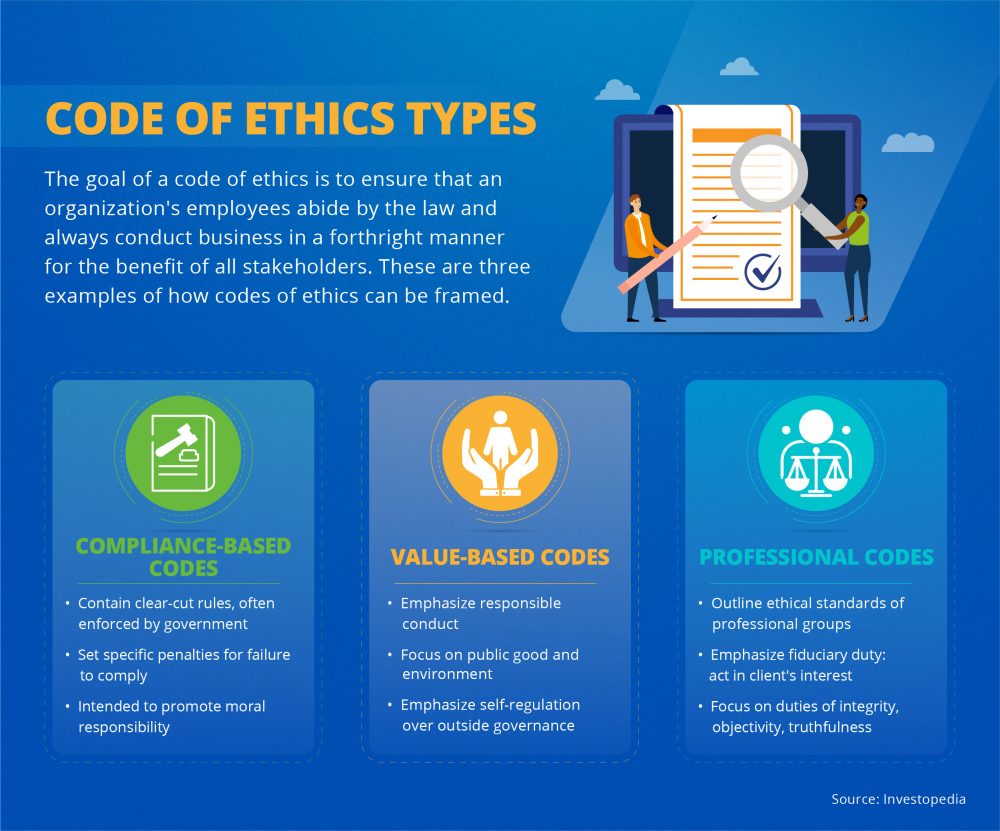Which Definition Best Describes Organizational Ethical Leadership
Consumers are more attracted to products from companies with ethical leadership. Which definition best describes organizational ethical leadership.
And b the personality and character of leaders.

. Ethical theories on leadership talk about two main things. Ethical leadership is part although by no means all of the definition of good leadership. Ethical leadership is the art of leading people and making good decisions based on a defined set of values such as fairness accountability trust honesty equality and respect.
In this article we discuss the definition of authentic leadership the characteristics that authentic leaders share and how to practice authentic leadership in a work environment. Organization ethics includes various guidelines and principles which decide the way individuals should behave at the workplace. What individuals believe to be of worth and importance to their life.
In fact these values form the core foundation of ethical leadership. Ethical values relate to what is right or wrong therefore we are expected to consider them over nonethical values when making decisions. A major responsibility of a leader is to make decisions and behave in ethical ways and to see that the organization understands and practices its ethical codes.
Ethical leadership The core beliefs we hold regarding what is right and fair in terms of our actions and our interactions with others. You either are or you arent and if you are you have to try to be one all the time. Ethics describe societys expectations with respect to moral decisions.
It also refers to the code of conduct of the individuals working in a particular organization. Ethical leadership theory in contrast is keenly focused on setting ethical direction within the organization and directing the organization accordingly. There are several responsibilities and obligations of an ethical manager including setting a good example.
Ethics is a way of understanding right from wrong by using a set of values or moral principles. Every organization runs to earn profits but how it makes money is. One model for instance might align with a.
22 The scholar Chester Barnard defined a values-based leadership approach in 1939 as one that inspires cooperative personal decisions by creating. - Truthfulness means having moral courage to avoid lies and deception. It is essential to note that Ethics are an essential to leadership.
You have to be people-oriented said Dr. Authentic leadership is one type of management style in which leaders practice transparent behavior in order to build strong relationships. One of the many advantages that come from studying leadership as a formal discipline is that it offers structure to a subject that many people erroneously believe comes naturally to them.
Lowell Chris Matthews associate professor of organizational. Which definition describes an ethical issue. Ethical leaders embody the purpose vision and values of the organization and of the constituents within an understanding of ethical ideals.
An identifiable problem situation or opportunity that requires a person or organization to choose among several actions that may be evaluated. The way an organization should respond to external environment refers to organization ethics. Being truthful straightforward and having candor are aspects of honesty.
Ethical leadership is defined as leadership that is directed by respect for ethical beliefs and values and for the dignity and rights of others It is. Organizational leadership is an important first step toward identifying and enacting purpose and ethical values that are central to internal alignment external market effectiveness and responsibility toward stakeholders. Ethics Are the Foundation of Great Leadership.
Correlating ethics with leadership we find that ethics is all about the leaders identity and the leaders role. Ethical leadership is the practice of being honest and virtuous in a role as a manager. Ethical leadership is not a mutually exclusive style.
The study of leadership offers us several theories and models to choose from. Being an ethical leader is a full-time job it isnt something you can put on and off at will. Organizational leadership then is a management approach in which leaders help set strategic goals for the organization while motivating individuals within the group to successfully carry out assignments in service to those goals.
Good to great 21. Organizational leadership is an important first step toward identifying and enacting purpose and ethical values that are central to internal alignment external market effectiveness and responsibility toward stakeholders. Ethical leaders are stakeholders in organizations striving to achieve the purpose vision and value of his realm without compromising self-interest.
A leader drives and influences the subordinates. Since ethics deals with the principles of right behavior and leadership with influencing other people to achieve goals ethical leadership is influencing people through ethics. A The actions and behaviour of leaders.
Ethical leadership is essentially a leadership theory which uses the above ethical concepts as a guide to managing subordinates. Ethics describe the inherent goodness or badness of an action. There are many people who lead and manage governed by ethical principles integrated within another management framework.

The Importance Of Being An Ethical Leader And How To Become One

The Hoshin X Matrix For Strategic Policy Deployment Strategic Planning Key Performance Indicators Strategic Planning Process


Comments
Post a Comment